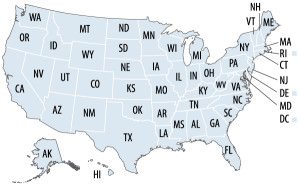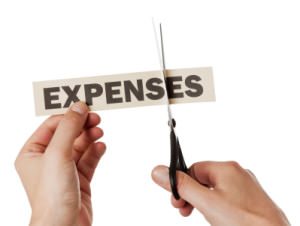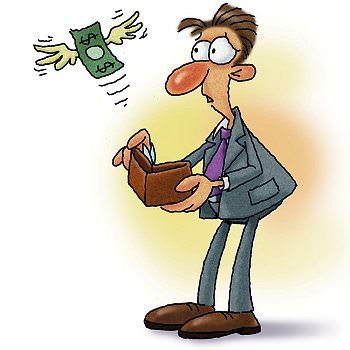It can be hard to ask for help if you’re struggling financially, and the government doesn’t make it any easier. Government programs can be confusing to apply for, and many programs have time limits or requirements for continued eligibility. Don’t let fear stop you from getting the help you need. Learn how to get help with food and housing so that you can get back on your feet.
How to Get Help With Food and Housing – SNAP Program
 The food stamp program, or SNAP, allows people who are in need to get a monthly supplement from the government to help them buy food. The SNAP program isn’t meant to pay for all of your food for the month, but only to help you.
The food stamp program, or SNAP, allows people who are in need to get a monthly supplement from the government to help them buy food. The SNAP program isn’t meant to pay for all of your food for the month, but only to help you.
Although SNAP is a federal program, it is administered by each state, and state rules vary regarding eligibility and how much you are entitled to. In general, SNAP is based on how many people are in your household and on the household’s total income. For this purpose, a household is defined as all adults who live together and purchase or prepare food together as well as all dependent children in the household. You do not have to be related to all the members of your household–friends, significant others and roommates can be included on your SNAP application.
All eligible members of a household are included on one application, and the applicant must provide Social Security numbers for them. After filling out the application, the applicant must attend an interview in which he or she shows proof of the household’s total income and expenses. The household’s income must fall below the SNAP program’s guidelines–usually households must make no more than 120 to 150 percent of the federal poverty guidelines for the area. Most states limit SNAP eligibility to three months out of every 36 months unless applicants can show proof of employment.
The Section 8 program helps low-income families with housing. Like SNAP, this is a federal program that is administered on the state level. Every state has one or more Public Housing Authority that helps people find low-income housing. The Section 8 program subsidizes rent so that participants pay only a portion of their own rent.
Qualifying for Section 8 is similar to qualifying for SNAP. Once you fill out an application and attend your interview, your PHA representative will put your family on a waiting list. It usually takes 6 to 12 months to get to the top of the list and receive assistance with housing.
Once you reach the top of the waiting list, your PHA representative will contact you. It is your responsibility to find appropriate housing within 120 days; however, your PHA should have a list of apartments and houses whose landlords have already agreed to participate in the Section 8 program. Make appointments to see apartments just like you would if you were paying your rent yourself.
Notify your PHA representative if you find an apartment you are interested in, as your PHA must inspect and approve the apartment. Apartments must be up to code and must contain enough bedrooms. Children over the age of 7 cannot be required to share bedrooms with opposite gender siblings in Section 8 housing.
After your PHA representative approves the apartment, you apply for it the same way you would any other apartment. You cannot be denied simply because you are on Section 8, although your landlord can deny your application for other reasons, as long as they are not illegal. Once you are approved for an apartment, your PHA will pay a portion of your rent each month. You are responsible for your part of the rent and for complying with all lease terms.
Although it can be scary and embarrassing to apply for government benefits, it doesn’t have to be difficult. Once you understand how to get help with food and housing, you should do so if you qualify. Getting government assistance can ease your financial burden so you can get back on your feet.









